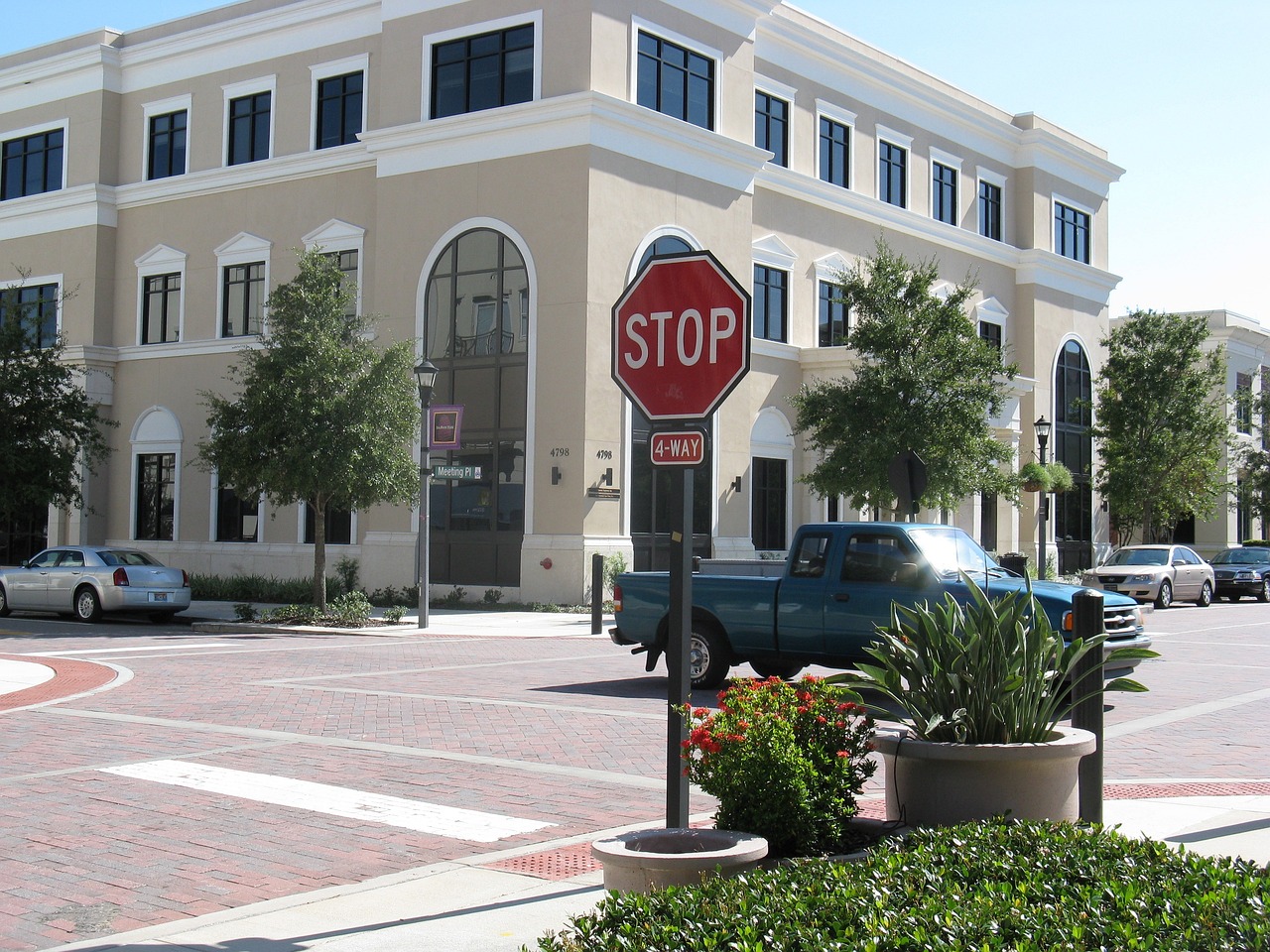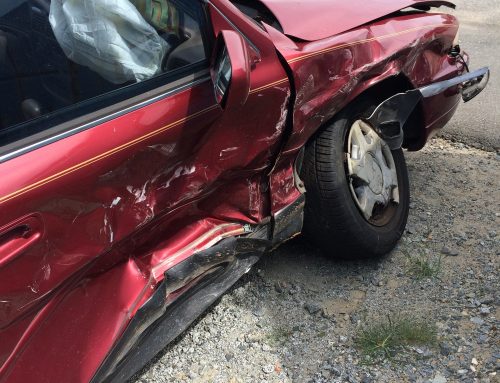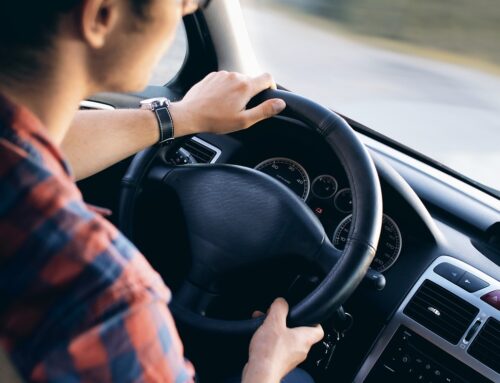When we hit the road, we often rely on habits formed over years of driving—many of which we don’t even think twice about. However, some of these everyday driving practices, while common, are actually illegal under Florida law. And unfortunately, if these actions result in accidents, they can lead to serious injuries, putting you or your loved ones in harm’s way. If you are injured on the road, it’s important to know whether the negligent parties illegal actions contributed to the accident and how this may affect your fight for compensation. Here are some common driving habits that are considered illegal in the Sunshine State.
Common Driving Habits to Avoid
Using Headlights to Warn Other Drivers: Many Florida drivers signal with their high beams to warn others of speed traps or communicate across an intersection. While this might seem like a harmless courtesy, Florida law actually forbids this practice in certain circumstances. Specifically, Florida Statutes prohibit the extended use of high beams near other vehicles. Flashing them briefly? Generally okay. But this issue is most relevant when a driver flashes their beams but forgets to turn them off, causing issues for drivers they end up following after the fact.
Why is this important? Extended headlight usage can cause confusion or temporary blindness, especially at night. If you’re involved in an accident where another driver’s headlight played a role, this can factor into their liability.
Rolling Stops at Stop Signs: We’ve all seen drivers who approach stop signs slow down but never come to a full stop before proceeding. This is commonly known as a “rolling stop.” While it might feel safer or more convenient to keep moving, Florida law is clear: drivers must come to a complete stop at all stop signs, no exceptions. Rolling through a stop sign may not seem like a major issue until it leads to an accident. Even in low-speed environments like parking lots, rolling through a stop sign can throw off other drivers and result in multiple vehicles assuming they have the right of way.
Driving Too Slowly in the Left Lane: While we’re all familiar with speeding laws, fewer drivers are aware that driving too slowly in the left lane of a highway can also be illegal in Florida. According to Florida law, slower traffic must keep right unless overtaking or passing. Blocking the left lane can cause congestion, road rage, or force other drivers to make unsafe lane changes. If a slow driver in the left lane causes an accident—whether due to aggressive drivers attempting dangerous maneuvers or a chain reaction of lane changes—they can be held responsible for violating the law and potentially contributing to an unsafe roadway that results in an accident.
Distracted Driving Without Using a Device: When people think of distracted driving, they often assume it only refers to texting or using a phone. However, Florida’s distracted driving laws go beyond phone use. Anything that impairs a driver, such as conversations or the need to take a bite of a sandwich, can lead to reckless driving charges if it results in erratic or unsafe behaviors.
Pursuing Compensation After an Accident in Florida
If someone injures you while driving on a Florida roadway and they weren’t explicitly breaking the law, that doesn’t mean they get off scot-free. Criminality can play a role in establishing and providing liability, but the lack of a crime doesn’t preclude you from going after a driver for negligent or unsafe behavior. Whether due to a rolling stop, improper use of the left lane, or distracted driving, Florida law allows you to pursue compensation to cover various medical bills, lost wages due to the accident, and pain and suffering, even including punitive damages.
Florida’s roads can be dangerous, but knowing your rights—and what driving habits are actually illegal—can help protect you. Call Probinsky & Cole today to speak to our team and learn how we can help fight for what is right after an accident.








